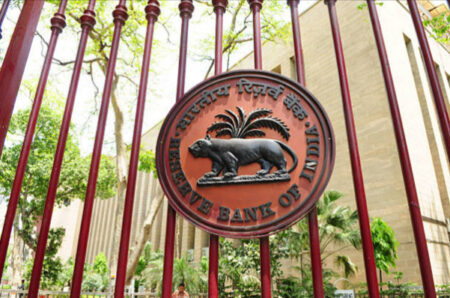Investing is necessary for most people for enjoying a comfortable financial future.
With the economy struggling through an outbreak of high inflation and rising interest rates, what are the best investments for investors this year? One idea could be to have a mix of safer investments and riskier, higher-return ones.
Why Investing is essential?
An investment is a source of generating income or appreciation by acquiring an asset or item. Appreciation refers to an increase in the value of an asset over time. When an individual invests, the intent is to create future wealth. Investing can safeguard you with another source of income whether it is funding your retirement, beating inflation, or even giving you a helping hand in a financial emergency. Also, investing helps you to grow and helps you meet financial objectives and over time your purchasing power will improve.
Finding investments that offer you a variety of returns and fit your risk profile is a bit of a difficult task. It also means that you can combine investments to create a well-rounded and diversified safer portfolio.
Many ways of investment vary from safe choices such as CDs and money market accounts to medium-risk options such as corporate bonds, and even higher-risk picks such as stock index funds.
Following are some common types of investments that people use to appreciate their wealth.

- Short-term government bond fund
Bonds are debt instruments in which the investor loans money to an entity such an entity can be government, banks, or corporates. When these bonds are issued by the government, they are called government bonds such as short-term CDs, and short-term government bond funds.
These government bond funds are well-suited for the low-risk investor as these bonds don’t expose you to many risks when interest rates rise.
Advantages
- Risk-free
Government bonds promise assured returns and stability of funds to investors. They have always been an example of risk-free security.
- returns from government bonds are generally as good as bank deposits.
- The liquidity in these bonds is as adequate as banks and financial institutions.
- Public Provident Fund (PPF)
This is a government-backed fixed-income scheme. It can be considered a risk-free investment as its returns are guaranteed by the government. A PPF fund matures in 15 years
Partial withdrawals are allowed after five years of the account opening.
C. Direct equity
Direct equity is a long-term investment, referring to investment in company stocks, where the investor earns profit through stock price appreciation and dividends. Apart from monetary benefits, shareholders also get voting rights in the critical matters of the company. It is one of the best investment options. In this type of investment, an investor receives shares of a company directly from the stock market. Individuals who are well-versed in the operation of equities markets can purchase stocks directly. They also have a good understanding of the risk-reward equation.
D. Fixed deposit
Fixed deposits(FD) and recurring deposits(RD) are popular investments among investors. Investors who seek guaranteed returns with low risk opt for these types of investments.
These have the following key features:-
- Flexible investment amount
- Simple and easy renewal and withdrawal facility
- Assured returns
- Minimum risk
E. Crypto
A cryptocurrency is a form of digital currency that uses cryptography to secure transactions. These types of currencies do not have a central issuing or regulating authority. Cryptocurrency can take many forms, ranging from buying to investing in crypto funds and companies. Transferring of funds between two parties is quite easy and cheaper as compared to other alternatives.
The first type of cryptocurrency was bitcoin, which is the most valuable and popular till day.
F. Mutual funds
A balanced mutual fund is another one of the most prominent investment options in India. Though it includes market risk, it can also help you grow money multifold. A fixed-income mutual fund or monthly systematic investment plan can be the best option for investment if you have a lower risk appetite.
Also Read: Start-ups and Credit Funding













